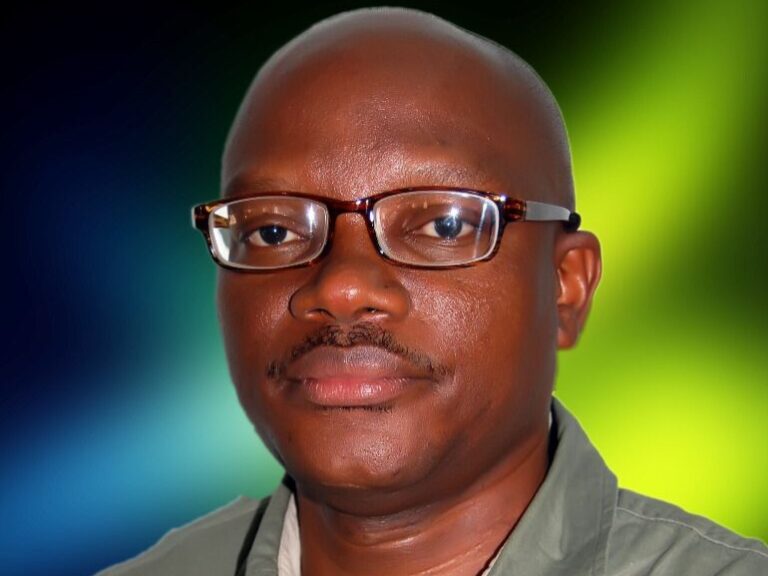The immediate past National Vice President of the Academic Staff Union of Universities (ASUU), Chris Piwuna, a Professor of Medicine and Consultant Psychiatrist, has been elected the union’s national president.
Mr Piwuna, a former Dean of Students Affairs at the University of Jos, Plateau State, emerged victorious at an election during the union’s 23rd National Delegates Congress, which commenced on Thursday, 8 May, and concluded earlier today, 12 May, at the University of Benin in Benin City, Edo State.
The new President defeated his opponent, Adamu Babayo, a professor from Abubakar Tafawa Balewa University (ATBU), Bauchi State, Northeast Nigeria.
The immediate past president of the union, Emmanuel Osodeke, a Professor of Agriculture at the University of Agriculture, Umudike, Abia State, who was elected in May 2021, is said to have handed over to his successor.
Though ASUU is yet to officially release its communique, sources at the congress confirmed to DevReporting that Mr Piwuna has resumed immediately.
The details of other elected officials are yet to be made public.
“Other details will be contained in the communique that will be issued later today,” an official of the union, who does not want to be quoted, told this newspaper.
About elected national president
The new national president of ASUU has been described by his colleagues as a perfect replacement for his predecessor. Mr Piwuna is not only “much more progressive but very disciplined, exposed, and a comrade in its true sense,” a source said.
Mr Piwuna bagged his degree in Medicine (MBBS) from the University of Jos in 2000 and his Master’s certificate from University of Malta, Malta, an island country located in the Southern Europe. He also has a fellowship of the West African College of Physicians and he is a member of the International Psychogeriatric Association.
He is a consultant psychiatrist at the University of Jos Teaching Hospital and a former Head of the Psychiatrist unit at the University of Jos, Nigeria.
The new President’s emergence is coming at a time the country is battling to reclaim its lost glory in the education sector amidst the biting consequences of the poor economy.
It is also at a time when the challenges of brain drain, dearth of facilities, and delayed payment of staff salaries, university autonomy, among others, are now being experienced across the nation’s tertiary institutions, including universities, polytechnics, colleges of education, and monotechnics.

